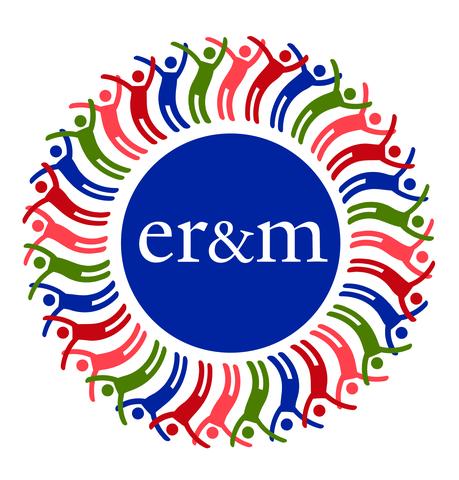
In what world do we imagine the past to be settled? What are the conditions that make for this imagining, this fantasy or rather, demand of a new start point? In this piece I consider the world of settler colonialism, which demands this newness, and a world in which Native people and their claims to territory are whittled to the status of claimant or subject in time with the fantasy of their disappearance and containment away from a modern and critical present. This fantasy of a world without Indigenous people extends to a mode of governance that is beyond institutional and ideological but is in this study, deeply affective. In this piece I examine how the Canadian practice of settler governance has adjusted itself in line with global trends and rights paradigms away from overt violence to what are seen as softer and kinder, caring modes of governing but governing, violently still and yet, with a language of care, upon still stolen land. This piece asks not only in what world we imagine time to stop, but takes up the ways in which those that survived the time stoppage stand in critical relationship to dispossession and settler governance apprehend, analyze and act upon this project of affective governance. Here an oral and textual history of the notion of “reconciliation” is constructed and analyzed with recourse to Indigenous criticism of this affective project of repair.
Audra Simpson is Professor of Anthropology at Columbia University. She researches and writes about Indigenous and settler society, politics and history. She is the author of Mohawk Interruptus: Political Life Across the Borders of Settler States (Duke University Press, 2014), winner of the Native American and Indigenous Studies Association’s Best First Book in Native American and Indigenous Studies Prize, the Laura Romero Prize from the American Studies Association as well as the Sharon Stephens Prize from the American Ethnological Society (2015). She is co-editor of Theorizing Native Studies (Duke University Press, 2014). She has articles in Postcolonial Studies, Theory & Event, Cultural Anthropology, American Quarterly, Junctures, Law and Contemporary Problems and Wicazo Sa Review. In 2010 she won Columbia University’s School for General Studies “Excellence in Teaching Award.” She is a Kahnawake Mohawk.